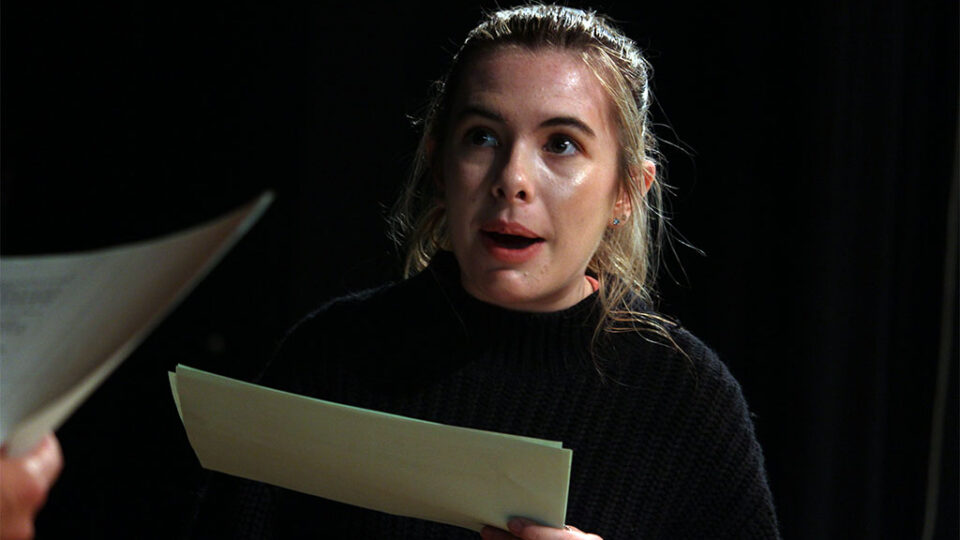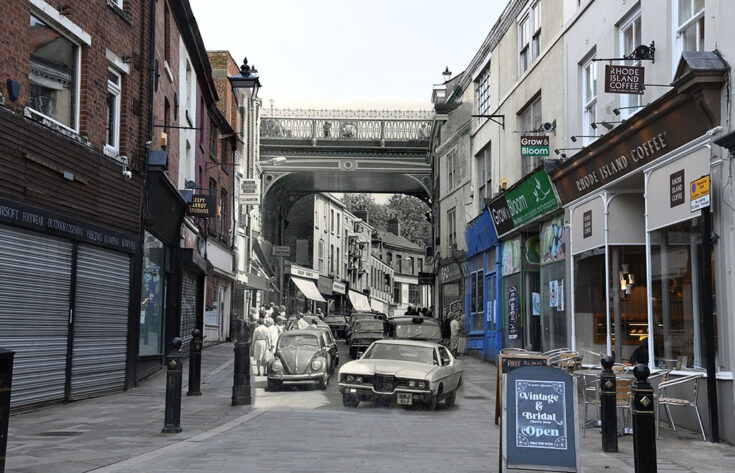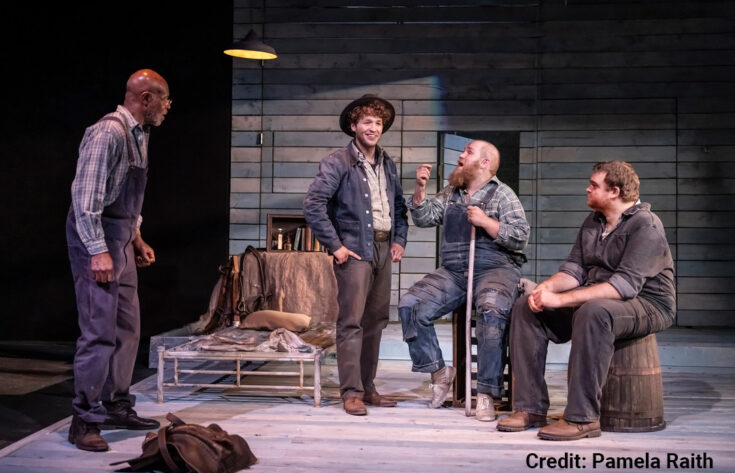English Language and Literature
If you enjoy reading and discussing literature but also have an interest in linguistic approaches to language, you will enjoy this course. English Language and Literature is a two year linear course that allows you to engage with all three literary genres (poetry, prose and drama) but also allows you to be creative and investigative.
The first year of the course will provide a varied introduction to English Language and Literature studies, focusing on how and why we tell stories about people, societies and places – in different genre, from various points of view and in a variety of modes (speech, writing and ones that blend both such as blogs and internet forums). You will study the AQA Paris Anthology, a selection of Robert Browning’s poetry and a “fantasy” dystopian novel Margaret Atwood’s The Handmaid’s Tale.
The second year will provide you with the opportunity to explore the topic of conflict through the study of drama and in recreative writing tasks. You’ll study Khaled Hosseini’s The Kite Runner to learn how the writer presents conflict in and across different cultures and between peoples. You will be able to write creatively, expressing new points of view based on your understanding of the novel, in addition to analysing your creative process. You will also examine how playwrights present conflict dramatically through your study of Tennessee Williams’s A Streetcar Named Desire.
Finally, you will produce an independent comparative investigation of a theme (for example, war) or linguistic concept (for example, metaphor). You will choose a literary text and some non-literary material (for example, transcripts of speech, articles and blogs) to analyse your specific focus.

Examined units (80% of A Level)
Paper 1: Language, the individual and society
Analysis of the meanings and representations in a range of texts, about various subjects, from various writers and speakers, for different audiences and purposes and in a variety of genres and modes (written, spoken and electronic) from different time periods and from different places (global, national and regional). An essay exploring child language development in speech and writing.
Paper 2: Language Diversity and Change
An essay either exploring an aspect of language diversity such as occupation, gender, dialects and ethnicity or how and why English as a language has changed over time. Analysis of texts written for non-specialist audiences that convey attitudes to language diversity and change. Writing creatively about language issues in a variety of forms to communicate their ideas to a non-specialist audience.
Non-exam Assessment (20% of A Level)
Language in Action
An independent exploration and analysis of language data. There are two types of individual research: a language investigation (2,000 words excluding data) and a piece of original writing and commentary (750 words each).
English is a core subject and as such a valuable A level for any student considering an academic course at university. Many students who do A level English go on to study for degrees in English, History and Law as well as a range of subjects relating to the media/creative industries, the social sciences and education.
English is also valued by employers; the core skills required to succeed in the subject, such as written/oral communication, writing for a range of audiences and purposes and analytical interpretation are essential skills in most workplaces.
The English department have several trips and events throughout the year, including visits to the theatre and universities.
The course includes an optional trip to Paris. For more information about this trip please see the Trips and Travel page












